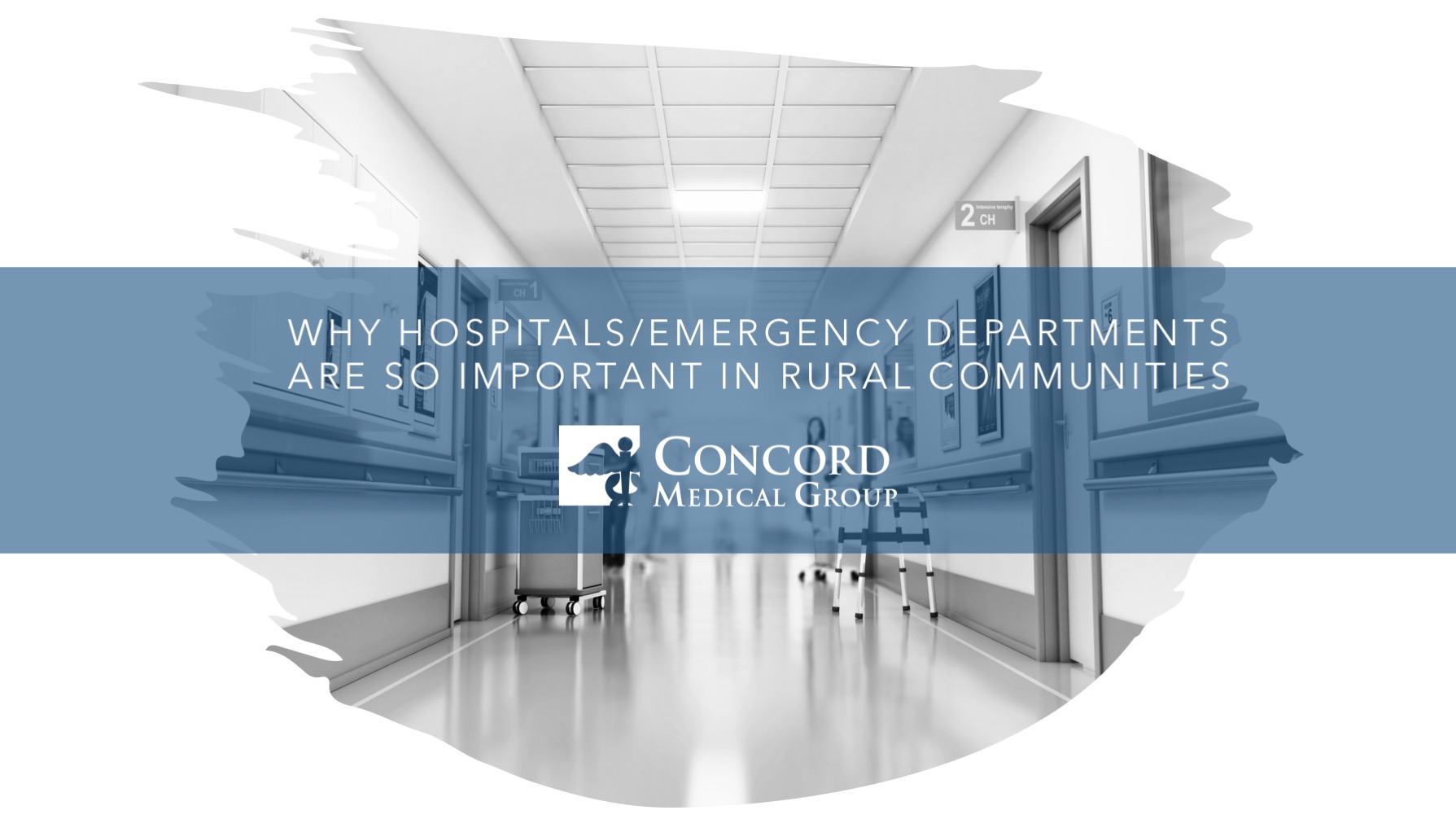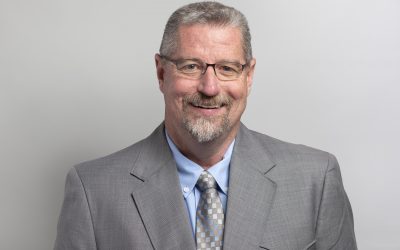Are you a healthcare provider who’s interested in exploring opportunities in a rural area? Did you know that rural Americans make up 15% to 20% of the U.S. population? These people face daily inequalities in health care compared to urban and suburban citizens.
These disparities result from many long-standing factors. This includes economic, ethnic, geographic, social, and racial issues. These problems lead to a smaller healthcare workforce and health care.
In today’s rural healthcare environment, physicians are in very short supply! Primary care providers must cover large areas and specialists may not be within reach of the residents.
Rural hospitals are often few and far between. Continue reading to learn more about the importance of rural hospitals and emergency departments.
What Is Considered a Rural Hospital or Emergency Department?
Rural hospitals are those not in metropolitan counties or in areas designated with a high RUCA code. The Rural Urban Community Area (RUCA) code tracks the population density, urbanization, and daily commute. It uses a ten-point scale to quantify these measures.
The Federal Office of Rural Health Policy defines rural hospitals in the following way.
Large Rural Hospital
Hospitals in an area with a RUCA code less than 7. This would include locations with more than a 10% to 30% rate of commuting to a large urban area.
Small Rural Hospital
Describes hospitals located in a RUCA code area of 7, 8, or 9. Code 7 describes a small town that interacts with an urban population of 2,500 to 9,999.
Code 8 means a small town where 30% or more of the people commuting to a small urban cluster. Code 9 includes towns where only 10% to 30% of the population commute to an urban cluster.
Isolated Rural Hospitals
These hospitals are outside of urban areas or urban clusters. The population doesn’t commute outside of the area on a regular basis.
Why are these Hospitals Important?
In small rural areas, the hospital or emergency department may represent the only source of health care for miles. Their proximity can mean the difference in life and death. They are critical to the community.
Having quality emergency services can help the town attract businesses, industries, and retirees. The hospital may even become the prime source of economic viability, offering opportunity for jobs and resources for the residents.
Opportunities for Providers in Rural Hospitals
Have you thought about changing your practice location? Would you like to receive your work schedule ahead of time so you can plan personal activities? Do you have an interest in pursuing a role as a local or regional medical director?
Concord Medical Group provides rural assignments for providers on a full or part-time bases. We focus is on bringing quality medical care to rural populations and strive to help physicians balance work and personal life.
Are You Interested in Working a Rural Setting?
Has this article piqued your interest in working in rural hospitals? Concord Medical Groups is owned and operated by physicians, and our reputation is built on high-level customer service.
Our group began in 2001 when Dr. Kyle Sheets decided to meet the needs of rural West Texas communities. Since then, the group’s services have continued to expand. Yet, we stay focused on building long-term relationships.
Contact us today to ask questions, or if you’re interested in becoming part of the team.
More Posts
Empowering the Rural ED: Unlock Excellence in Your Emergency Department
Managing a rural ED is a complex challenge that requires strategy, innovation, and a relentless focus on both people and outcomes. For hospital executives and clinical leaders, success hinges on the ability to balance high-quality care, operational efficiency, and staff satisfaction. Here are some essential strategies to help you unlock excellence in your ED.
Concord Announces Dr. John Jones as Chief Medical Officer of Emergency Medicine
Concord Medical Group is extremely excited to announce that John Jones, MD has accepted the role of Chief Medical Officer of Emergency Medicine.
Creative Staffing Models for Rural Emergency Departments
Staffing an emergency department with the right providers is essential to deliver high quality care and keep costs under control. We have found that creative and custom staffing models are essential to driving care quality and boosting financial health in rural, low-volume emergency departments.
Your partner for exceptional patient care.
Office Locations:
2800 corporate Dr.
Suite 103
Flower Mound, TX 75028
1602 Ave Q
Lubbock, TX 79401
333 Cedar Street
Suite #200
Abilene TX, 79601






